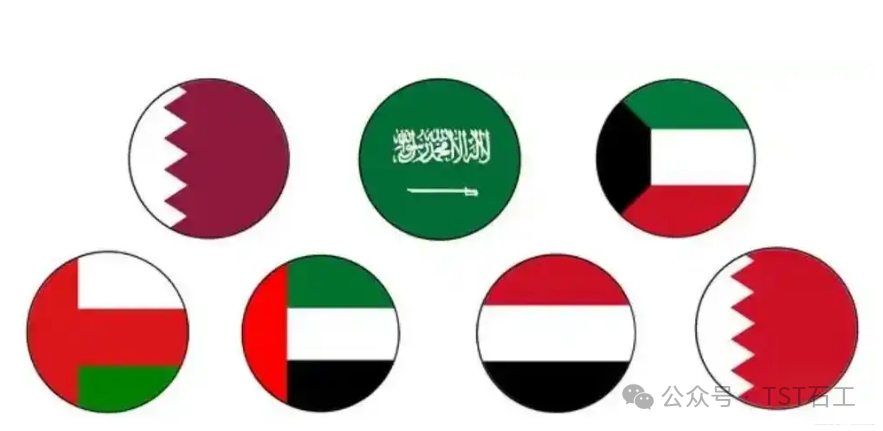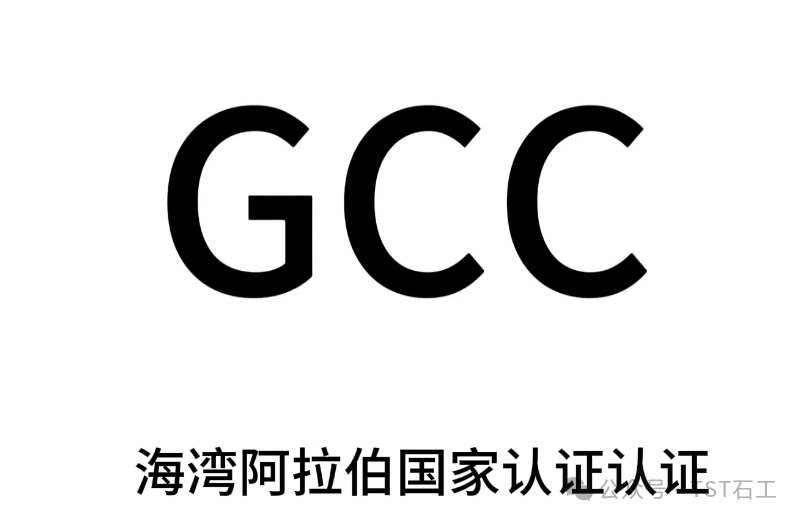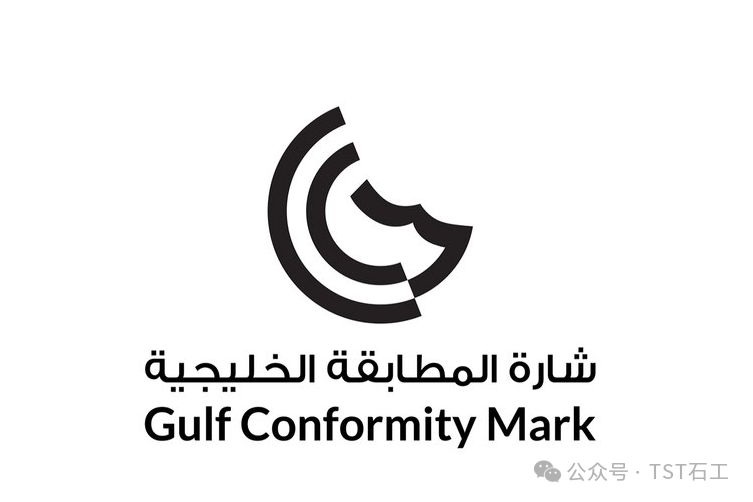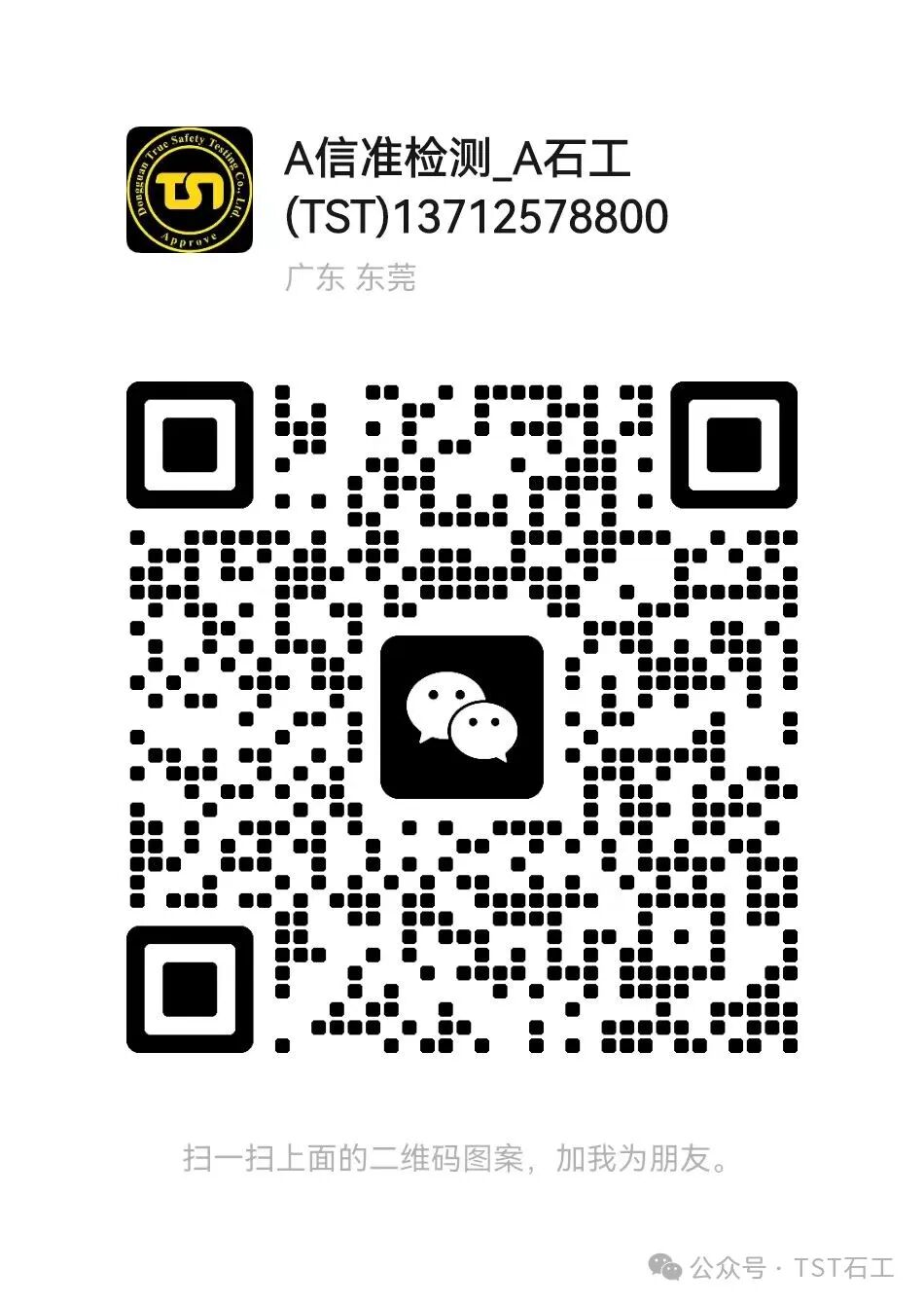Background
As of January 1, 2011, the Gulf Standardization Organization (GSO) has implemented mandatory G mark certification for toys exported to the seven countries of the Middle East (Saudi Arabia, Kuwait, United Arab Emirates, Qatar, Oman, Bahrain, and Yemen). Toys must obtain this certification and affix the G mark label to clear customs.
Since July 1, 2016, the Gulf countries have enforced GCC certification requirements for certain low-voltage electrical equipment and supplies. Following the implementation of this regulation, products manufactured locally or imported into these seven Gulf countries (including the UAE, Bahrain, Saudi Arabia, Oman, Qatar, Kuwait, and Yemen) must meet the safety and electromagnetic compatibility (EMC) requirements outlined in the technical regulations. Regulation BD-142004-01 has been fully enforced since July 1, 2016, and after January 1, 2017, low-voltage electrical appliances that are locally manufactured or imported into these countries must bear the G mark with a QR code and issuing agency number.

GCC Certification Model
1. Non-mandatory products: Apply for customs clearance documents according to the previous process;
2. Mandatory products: Products must be tested, and a GCC type certification certificate must be issued by a GSO-designated recognized body.
Scope of G-mark Controlled Products
Currently, 13 specific categories of electrical products have been included in the mandatory GCC certification scope. These products must obtain a GCC type certification certificate issued by a GSO-designated recognized body and bear the G-mark to circulate among the seven Gulf member countries. Products with the G-mark indicate compliance with GCC technical regulations.
14 categories of mandatory products include:
1. Household electric fans;
2. Refrigerators/freezers and other household freezing devices;
3. Centrifugal clothes dryers/washing machines;
4. Food grinders and blenders/fruit or vegetable juicers;
5. Household toasters;
6. Electric hair clippers and hand dryers;
7. Household electric heating devices;
8. Microwave ovens;
9. Other electric stoves;
10. Electric instantaneous water heaters, storage water heaters, immersion liquid heaters;
11. Electric irons;
12. Plugs, sockets, adapters, power cords, and extension cord chargers;
13. Air conditioners;
14. Toy products;

Important Notes:
a) A CB certificate report and EMC certificate report valid for 3 years can be used for application, and the agency will review whether the report contains national deviations and whether it meets the requirements; this EMC certificate report must be issued by a GSO-designated recognized body;
b) Product manuals must be bilingual in English and Arabic;
c) After obtaining the G-mark, products exported to these seven countries must also apply for the corresponding customs clearance documents;
d) Products outside the above 14 specific electrical categories must provide test reports according to the previous process to apply for the corresponding customs clearance documents; such products currently do not need and cannot bear the G-mark.
Exempt Products from G-mark Certification
1. Electrical products used in special environments (e.g., flammable environments);
2. Products used for radiation and medical purposes;
3. Components of freight elevators or passenger elevators;
4. Electric meters;
5. Electric grid controllers;
6. Radio interference products;
7. Professional products for ships, aircraft, and trains that meet international safety standards;
The GCC conformity mark indicates:
1) The product enterprise meets GCC regulatory requirements.
2) Products bearing the mark comply with GCC regulatory requirements.
3) Products must meet not only safety, public health, and consumer protection requirements but also GSO regulatory requirements.
4) The legal entity or enterprise is responsible for products bearing the GCC Conformity Mark and commits that the product complies with all applicable GSO regulatory requirements and has passed the consistency assessment procedure.
5) To avoid multiple applicable GCC technical regulations, the GCC Conformity Mark indicates that the product complies with all applicable regulations. These regulations must be reflected on the product label and nameplate.
6) Except for some exempt products due to special economic reasons or administrative measures, all regulated products must bear the GCC Conformity Mark before entering the GCC market. Exempt products only apply to those that are harmless to health, safety, and related operability, and these exempt products must be notified by the GSO to all Gulf member states.
7) The GCC Conformity Mark design must not be too large or too small and must relate to the technical regulations.
8) If the relevant regulations do not specify the size of the GCC Conformity Mark, the height of the mark must be greater than 5mm.
9) The GCC Conformity Mark should appear in an appropriate location based on the nature of the product, such as fixed or printed on the product label, or printed on the product packaging or enclosed documents as required by regulations.
10) The GCC Conformity Mark must be clear, legible, and not easily worn off.
11) The GCC Conformity Mark must be affixed during the finished product stage.
12) The GCC Conformity Mark must include the identity code of the issuing agency.
13) No other deceptive marks similar to the GCC Conformity Mark are allowed.
14) The GCC Conformity Mark may appear alongside other national or international marks, as long as these marks do not confuse or restrict the readability of the GCC Conformity Mark.
15) The GCC Conformity Mark may be produced and affixed by the manufacturer, agency, or the person responsible for marketing the product in the GCC.
16) The manufacturer or the manufacturer’s agency in GCC members must issue a declaration stating that the enterprise complies with the relevant regulatory requirements for type inspection and quality control systems before producing and affixing the GCC Conformity Mark.
17) A declaration guarantees that the product meets the basic requirements and conditions specified in GCC technical regulations. Or a declaration that the product is consistent with the sample tested by the issuing agency.
18) Unless otherwise specified by GCC regulations, all declaration documents must be kept for at least 10 years.
19) Declarations and labels must at least include the following content:
A. Name of the manufacturer or agency in the GCC country;
B. Product identity characteristics, such as product name, model, model code, and serial number;
C. Standards and technical guidelines adopted in the design and production of the product;
D. Product grade or category (electrical);
E. Responsible person for the product and their signature (manufacturer or legal agent in GCC member states);
F. Declaration document – this document states the responsibilities of the manufacturer or legal agent;
G. Identity of the signatory from the manufacturer or agency;
20) The declaration document may include other information, such as the name and address of the inspection testing agency, and the name and address of the responsible person for the product.
21) To prevent a product from having multiple applicable GCC technical regulations, the manufacturer may issue a declaration that includes all GCC technical regulations that the product meets.
22) Declaration documents must be made available to market surveillance and control agencies in GCC member states at any time.

Application Cycle/Validity:
The application cycle for GCC certification in the Gulf seven countries is approximately 2 to 3 weeks, and the certificate is valid for 3 years.
How to Apply for GCC Certification in the Gulf Seven Countries:
1. The applicant needs to submit a certification application to a third-party certification body and provide product specifications;
2. The third-party certification body will provide a quote and timeline for the samples;
3. Send samples, provide product information, fill out the application form, and sign a contract;
4. The laboratory will test the samples upon receipt;
5. After testing is completed, a certificate will be issued, granting the applicant the right to use the G-mark on the product.
For more information, contact TST Stone Worker.
